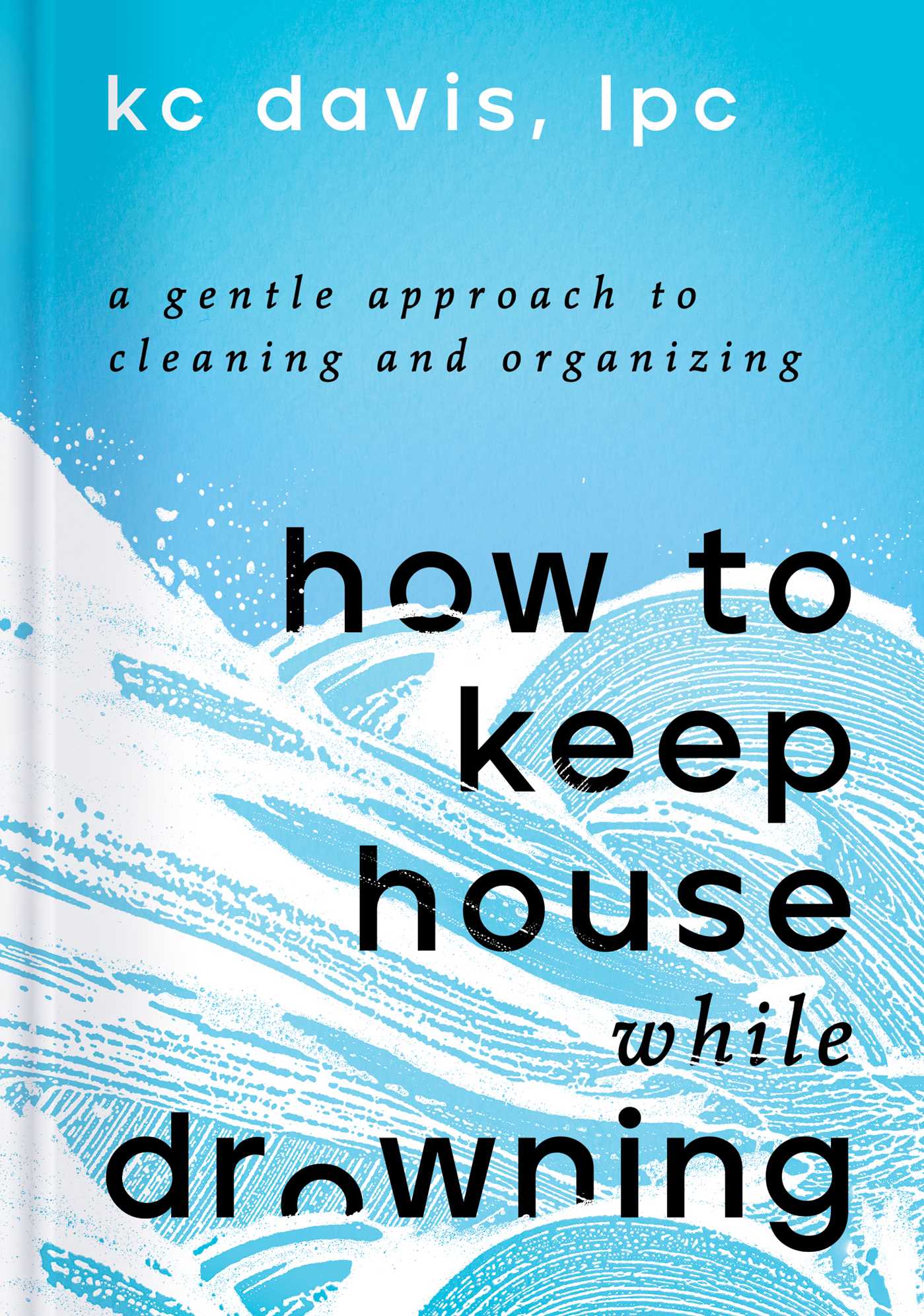
Book: How to Keep House While Drowning by K C Davis
Style: Informal, personal, short chapters, advice
Content: Advice on routines and methods for keeping your house tidy and functional when you are struggling either due to neurodivergence, disability or mental illness. Some practical tips but a lot of advice on how to reframe self-talk and how you think about your house work tasks.
Why I recommend: It’s a very quick read and not packed full of how-tos and practical advice but what it does do is extremely effective in my opinion. The emphasis on reframing your thoughts has been very effective for me. The takeaways from the book were things I could easily implement without feeling like I now had a long overwhelming to do list.
Some key things off the top of my head:
-
Tidiness or untidiness is morally neutral. Don’t assign morality to how good you are at keeping a tidy house.
-
Think of tidying a room as resetting it. When a room is no longer serving its purpose then it just needs a little reset.
-
Accept that some days you can’t do very much at all. That’s okay. You can plan for it, however. Davis, as I recall recommends having closing tasks (end of day, before going to bed). She has two versions: the ideal and the survivables. I’m not sure how she actually words this but that’s what I’m calling it. Basically, what is the bare minimum you can get away with doing before going to bed?
-
Frame things as being kind to myself. How can I be kind to myself today? Washing the dishes would be kind to future me as I won’t have to wakw up to dirty dishes, for example.
-
Use unconventional methods if they help. Make your house make sense to you and make it work for your purposes. Your house should serve you not the other way round. If you want a dustpan and brush/ hoover/ laundry basket/ general dumping basket/ whatever in every room then go for it.


The author makes a really solid point when they talk about how we treat ourselves. Until we learn to re-examine and recalibrate our own self-talk, we tend to beat ourselves up with the neurotypical criticisms and judgments we heard growing up, and that can contribute a lot to anxiety and depression. One quick guideline that makes treating myself with kindness easier is thinking about how I would give my best, most loved friend in the world the same “helpful” advice, criticisms, and judgments. Most of the time, that’s enough to make me realize that a lot of these arbitrary standards aren’t useful to me: they don’t keep me safer, healthier, or happier. It doesn’t matter if the dishes are loaded into the dishwasher all at once or over the course of an afternoon if the dishes get clean. It’s okay if it takes me three days to fold a basket of laundry because I do it three pieces at a time whenever I walk by it because that’s what it takes to keep me from hating life. There’s no moral failing in it, it’s just how I do things and it’s different from what a lot of neurotypical people without disabilities or challenging mental health conditions are used to. They’re welcome to do things their way, and to take over the tasks I do if they don’t like the way I do them, but they don’t get to tell me I do them wrong anymore. :)
Yes I completely agree. And even neurotypical people can be victim to the trap of worrying about the right way to do things and assigning unhelpful rules to tasks.
But yes I really find it helpful to try and let go off those rules. We should do things in the way that works for us. Personally, I leave most of my laundry hung up in the sun room (that I’m lucky to have) until I’m ready to wear it and/or put it away. I’m also a fan of putting away just a few things at a time.